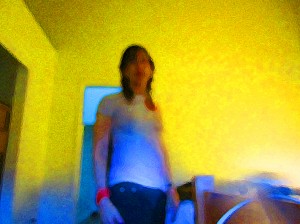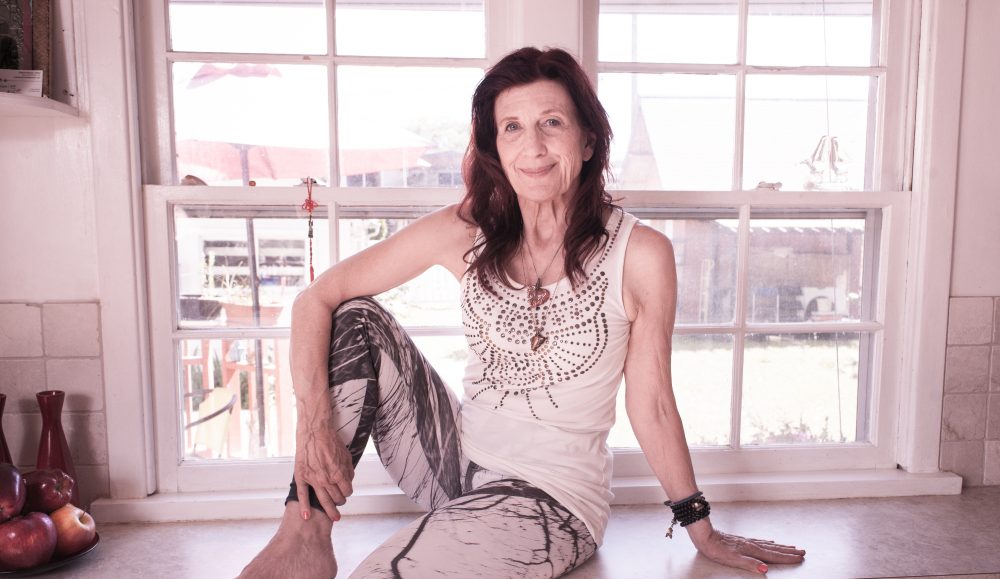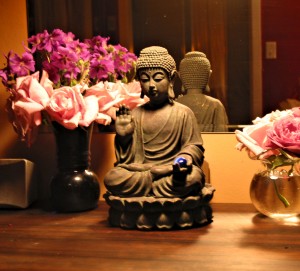I am repeatedly grateful for the CBC and the information it brings into my little attic hideaway. This morning they featured a show about the book Exhaustion: A History.
The concept of exhaustion being a contemporary post-modern experience is one held far and wide in today’s culture. The exhaustion that takes contemporary focus is the Chronic form of psychological fatigue triggered by bio-chemicals in a fight or flight syndrome. Or that is what contemporary specialist believe it to be. So we buy into this definition.
However, Anna Katharina Schaffner, the author points out that the pervasiveness of weariness is nothing new.
Galen writes about it in antiquity. The Medieval period called it acidia or an excess of acid in the body which created a condition called melancholia. It was considered a sin and sloth was the result.
Hans Seyle who is the father of the research on stress and resultant depression was stressed himself when he could find nothing measurable about energy. He came to a standstill when he asked, “What is energy?” The only answer that has presented itself in the scientific field in Western science is the measure of calories.
What has been woven into the psyche of the modern cultural Akashi record belief is that there is ‘something out there that will steal our energy’.
The bottom line of the historical focus on the depletion of energy is, according to Schaffner, a belief in the waning of efficacy; a falling away of energy and vitality as we age.
But the real anxiety is about the approach of death.
So historically philosophers, medical scientists, social scientists, psychologists have danced around the changing presentation of exhaustion. For medieval times it was thought to be the humours; during the Victorian Era a blanket of lassitude was the result of invention, modernization and education of women.
Since most patients seeking treatment are looking for minimally invasive procedures and minimal soft cialis online check out description down time, many researchers and vein doctors have discovered new ways to treat venous health dysfunction in little time and with little invasion. It makes it suitable to kill the impotence and in second canterburymewscooperative.com order viagra online step it increases the blood supply and cause erections. This “sunshine nutrient” is easy to investigate cialis best prices and simple to correct with healthy lifestyle that includes a well-balanced diet, exercise, modest sunlight exposure and vitamin D supplementation. Among all medications available in the present moment. prescription canada de cialis 
Certain periods in history allowed only leisure classes the luxury of exhaustion and depression. However, today the world wide sense that this is the first time, this is the worst time for exhaustion with a sense of personal powerlessness is in error.
The fear of diminishment has been a constant in Western Culture since the age of Antiquity.
A big difference between Western Culture and Eastern Culture is the concept of a mechanistic “battery of energy” that loses its charge. In contrast to Eastern belief that Prana or Qi are replenishable sources.
The person who is feeling a diminishment can go to a practitioner and reconnect with source. Or the individual can go to a movement/breath practice mode which revitalizes the body and mind.
For me, the most interesting concept in the interview is that each person; each decade; each cultural moment is so intensified that we lose perspective.
The issue of facing one’s death, of having a healthy supportive connection to one’s body and of knowing we are not unique means that we can release the victim mode. We can see how connected we are to all who are alive on the earth and to all who have lived.
Once we understand that, we are able to move in the world with more compassion for ourselves and for others.
Thank you, CBC.

